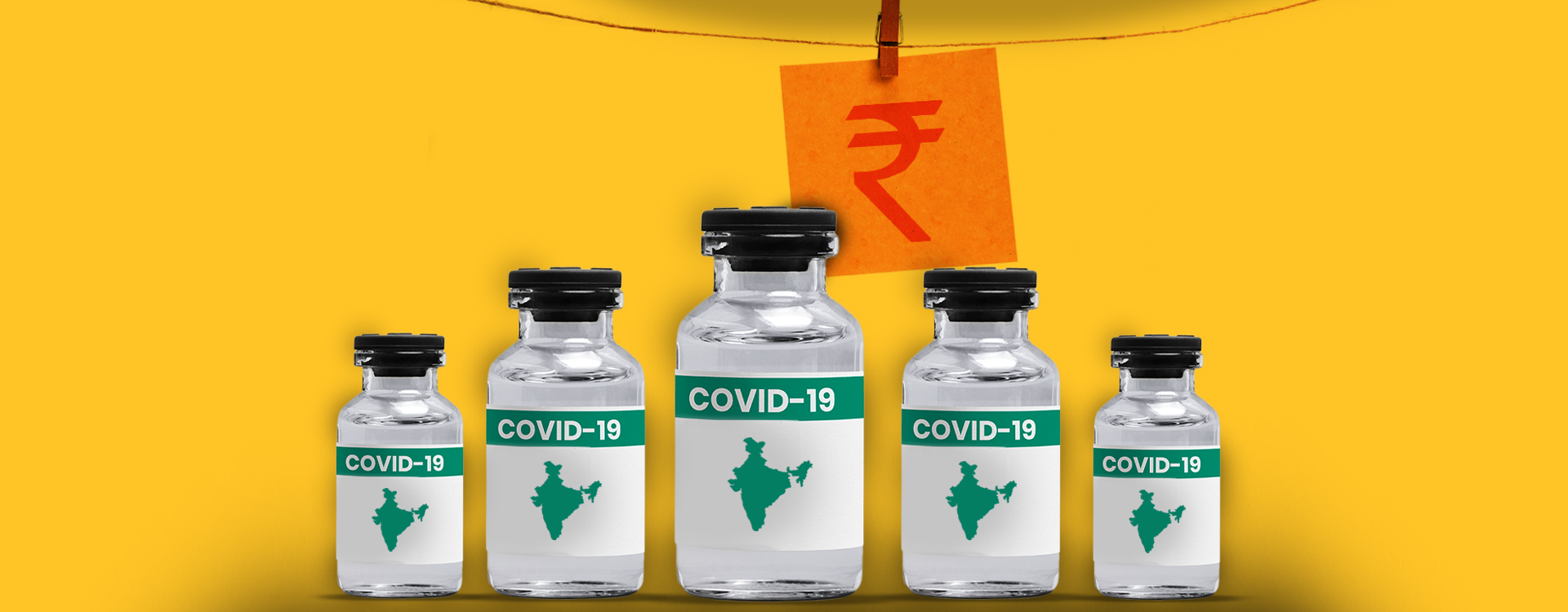The Government of India had announced an accelerated phase 3 of Covid 19 vaccination starting from 1st May where everyone above the age of 18 will be eligible for the vaccine. Amidst cases surging exponentially everyday, the primary question on everyone’s minds is why the government is unable to provide free vaccines for everyone. The irregularities in the pricing of the vaccine distributed among the state hospitals and private hospitals will have a major impact on the battle against the virus. Let’s find out why the government failed to provide free vaccines for everyone.
Lack of vaccine orders
Phase 3 of the covid vaccination drive will push the number of citizens eligible for vaccination to 84.19 crore out of a total population of 133.26 crore according to a report by India ratings. However, India has ordered only an additional one crore doses of the Covishield vaccine from Serum Institute of India and 45 lakhs more of Covaxin from Bharat Biotech. With the previous orders the total is still not enough to vaccinate the entire population with two doses. Moreover, the vaccine drive has been restricted to two made-in-India vaccines so far. In such circumstances, allowing the vaccine to enter the open market will start a bidding war among the states and private players.
Company benefits
Despite the recent update from Adar Poonawalla that the price of Covishield will be sold at a reduced price of Rs. 300 per dose (from Rs. 400 earlier) to state governments, it is still projected that the two companies manufacturing the vaccines will benefit substantially from the third phase. According to Randeep Singh Surjewala, General secretary of media for the Congress Party, the estimated profits for Serum Institute of India had it maintained its initial price of Rs. 400 would have been Rs. 35,350 crore while the estimated profits for Bharat Biotech would be Rs. 75,750 crores.
‘‘
With the previous orders the total is still not enough to vaccinate the entire population with two doses.
What are the next steps?
Despite the staggering current prices of the vaccines, all is not lost. Several states and union territories have announced that their citizens will be vaccinated free of cost. The list includes Karnataka, Delhi, Odisha, Uttarakhand, Gujarat, Rajasthan, Maharashtra, Ladakh, Assam, Bihar, Madhya Pradesh and Sikkim. Experts have suggested that the central government procuring directly from the manufacturers will be the most beneficial route to ensure equitable pricing. As the sole purchaser, it will have greater bargaining power. Moreover, there are additional legislative options of regulating the price of the vaccine to ensure universal availability like The Patents Act, 1970 and The Epidemic Diseases Act 1897.




